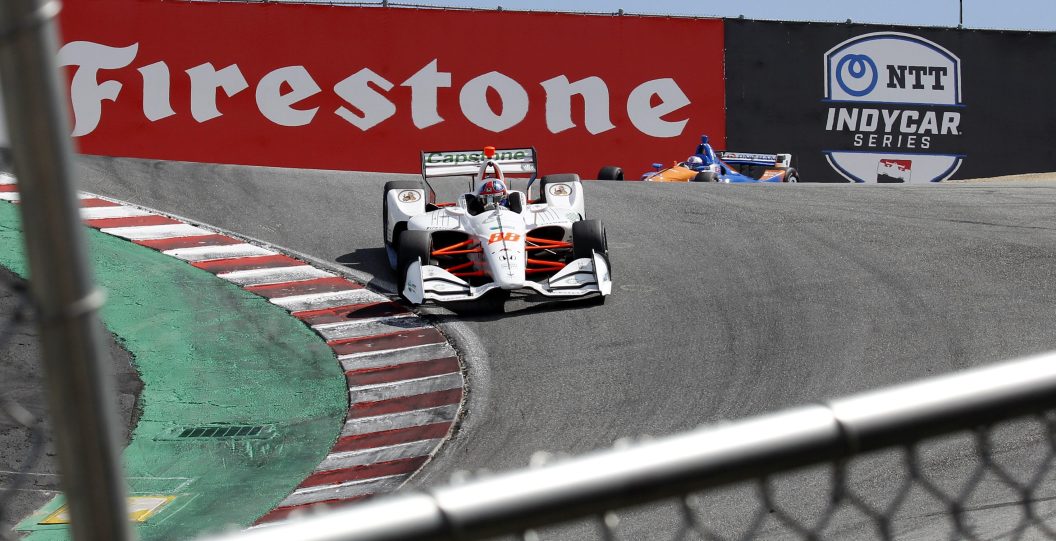The Monterey County area of California has long been home to one of the most famous racecourses in the United States. That venue is Laguna Seca, which has seen racing since it opened in 1957.
Videos by FanBuzz
As with many racing venues throughout the country, a select few people don't like all of the sound from racing — and, in some cases, the traffic issues — when big racing events are in town.
Laguna Seca is currently facing such an issue. A group calling itself the Highway 68 Coalition is taking the track and county to court. It contends that the increase in racing at the circuit has only made problems for those who live by the area.
Richard Rosenthal, the group's attorney, noted in their recently filed complaint against Monterey County — which owns the track — that Laguna Seca now has "racing 340 days out of the year" and his clients feel that is causing more harm than good to the area.
Andrew Pridgen from SFGate provided plenty of context to Highway 68 Coalition's lawsuit.
"These increases included but are not limited to more racetrack event days, higher permitted noise levels, additional track rental days with intensified noise over 100 dB, increased traffic, inadequate water supply and water quality, inadequate sewage disposal, and expansion of the camping grounds," the lawsuit alleges.
The track plays host to IMSA (International Motor Sports Association), IndyCar and world-class historic car races, among other events, and those cars aren't as loud as they once were. It's not as if it's NASCAR racing around the historic venue.
Laguna Seca has been making a lot of money for the Monterey area the last few years, having added more race dates. But there will always be opposition, and the Highway 68 Coalition doesn't care about the profits made from having so much racing at the track.
As for where Monterey County stands on the lawsuit, a spokesperson told SFGate that the county "does not recognize any merit to the allegations and expects a favorable legal conclusion."
The spokesperson added that the 2024 schedule for the track shouldn't face any impact. The track has eight major events scheduled this year, including IMSA in May and IndyCar's Firestone Grand Prix of Monterey in June.
No matter the outcome of the lawsuit, it's clear that this is becoming a major issue for a lot of racetracks throughout the country, as NASCAR has also seen a similar situation with the Nashville Fairgrounds Speedway.
These tracks are historic and deserve to be raced at. Besides, it's not as if the racing series aren't willing to make necessary changes to soften the sound of the race cars.
